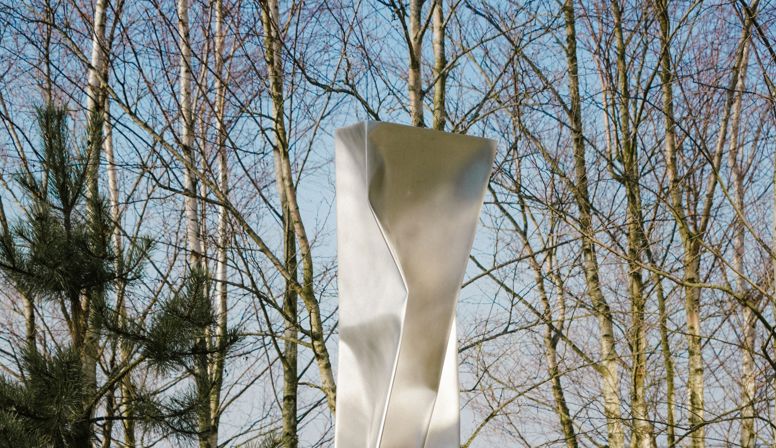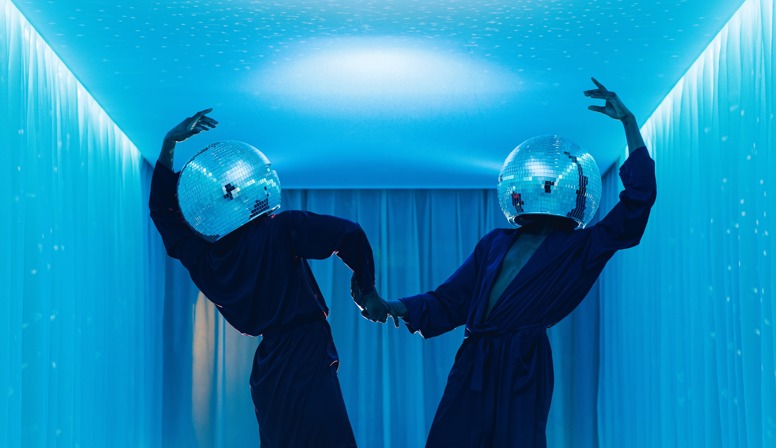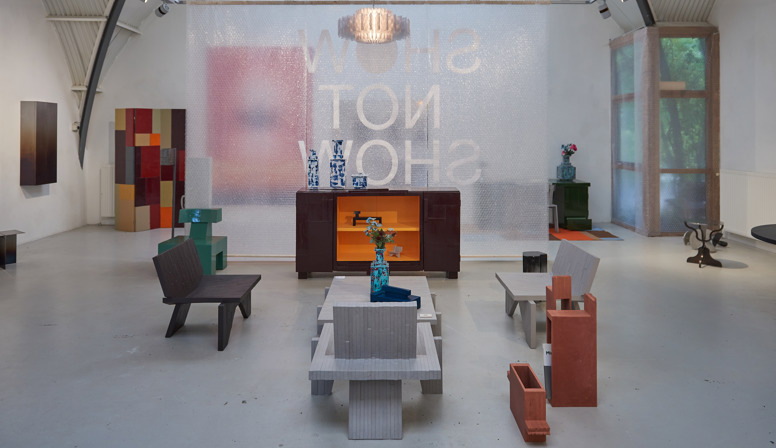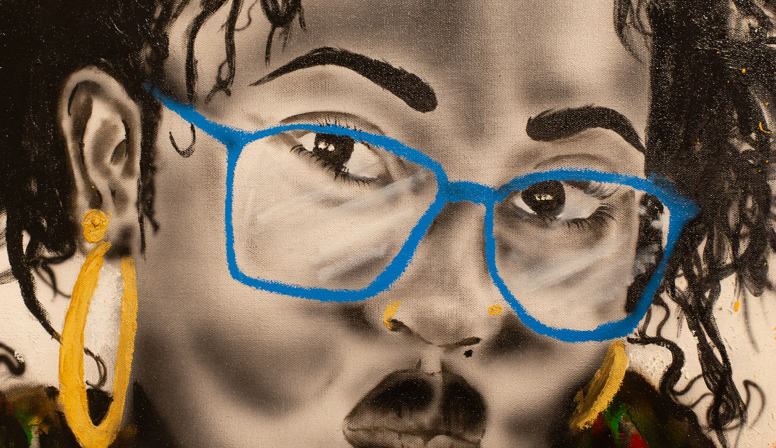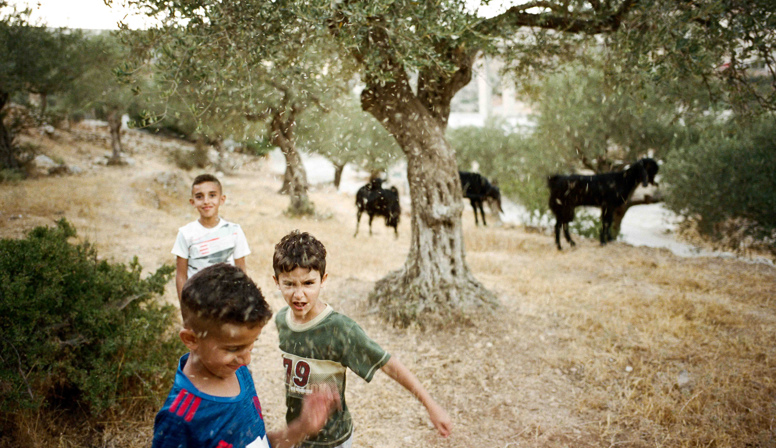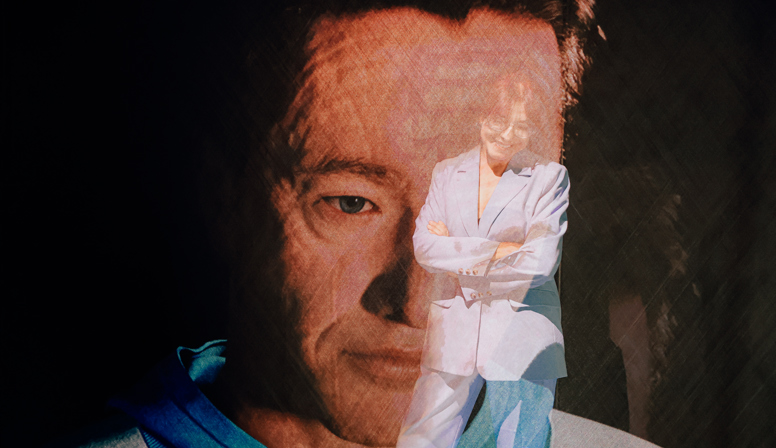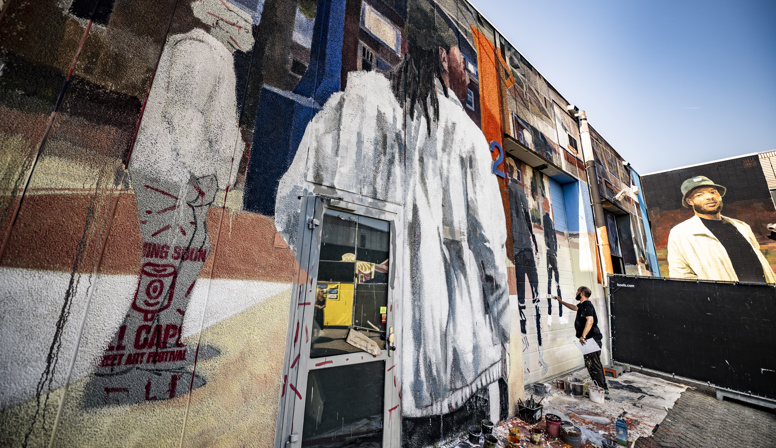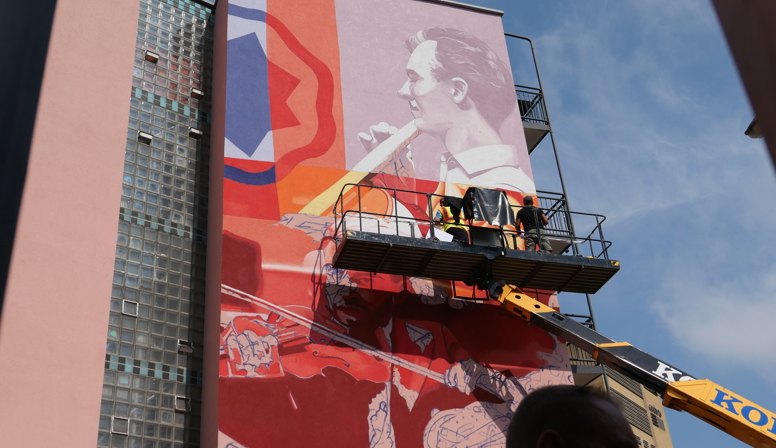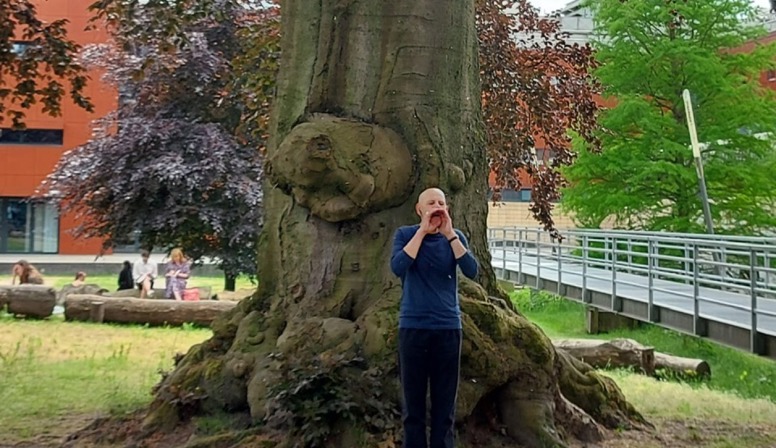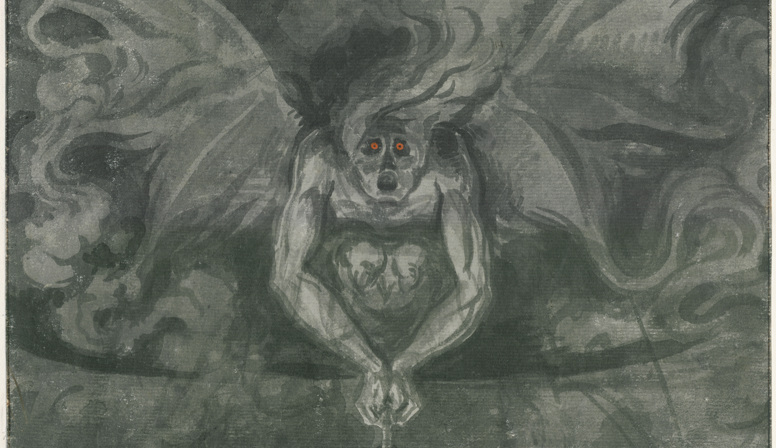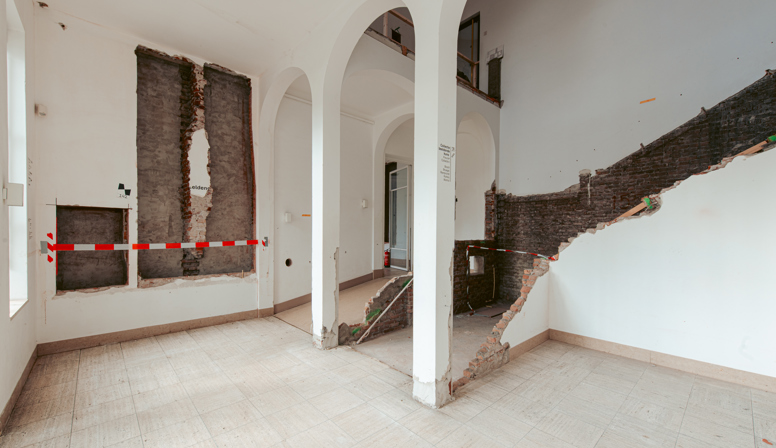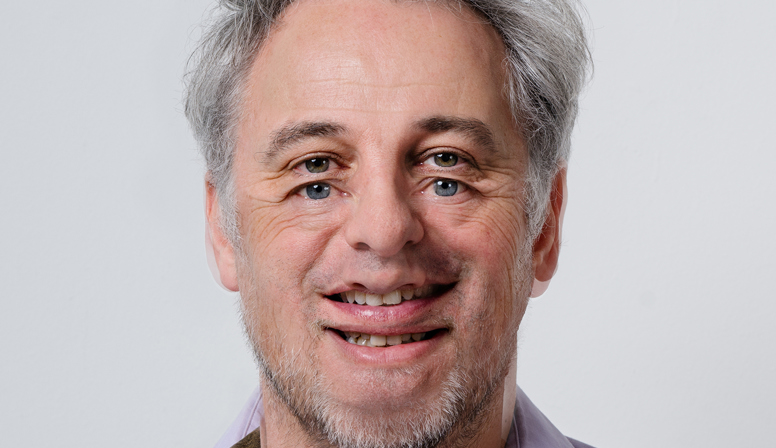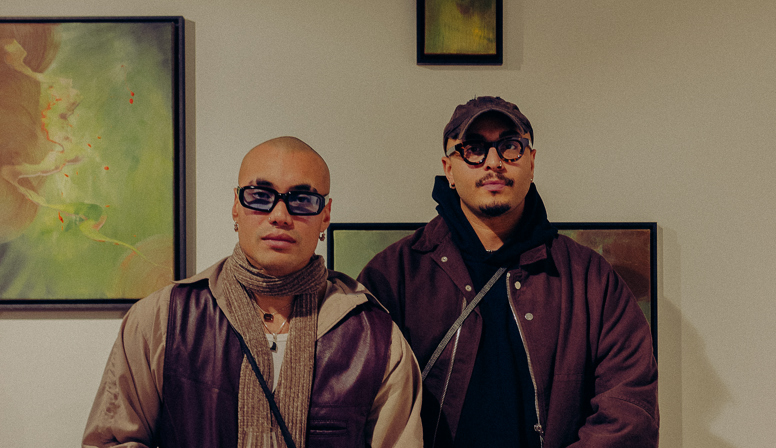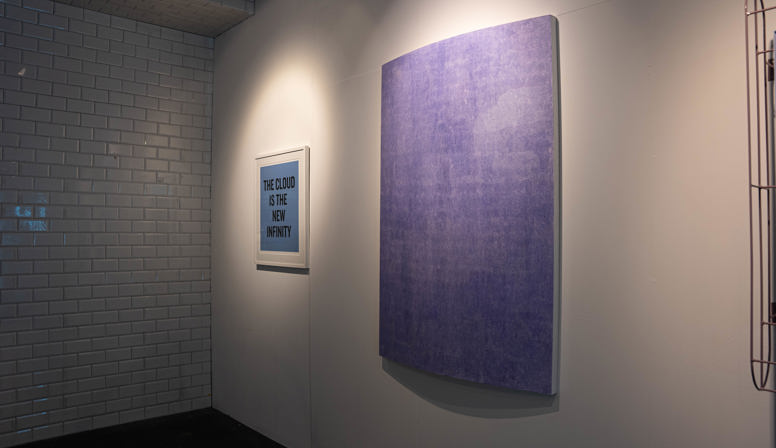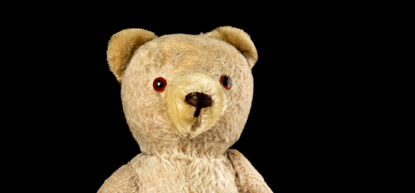
Lebensborn shows the eerily organised search for new leaders for the Third Reich
Angeniet Berkers is a socially engaged photographer based in Rotterdam. She spent five years researching the Nazi Lebensborn programme, which aimed to increase the number of 'Aryan' descendants. She compiled her findings in the book Lebensborn. Birth Politics of the Third Reich. On the occasion of the commemoration of 80 years of freedom in the Netherlands, Kunsthal will present her work from 28 March in the exhibition Lebensborn.
In 1935, Germany launched a programme to provide the Third Reich with the new generation of leaders and future elite: Lebensborn (Source of life). The architect behind this plan, Heinrich Himmler, aimed to use these children to improve 'racial quality' in the newly built National Socialist empire. Because of the sharp drop in the birth rate, abortion and contraception were banned. Families with children were given financial incentives. SS officers, before leaving for the front, were urged to conceive as many children as possible, including outside marriage.
In the Lebensborn homes scattered across Europe, married and unmarried women could give birth to their children if they met the requirements of the Aryan race. When it turned out that the programme did not yield sufficient results, they proceeded to kidnap children with blond hair and blue eyes from Eastern Europe and then 'Germanise' them. After the war, the children from these homes and their families were often stigmatised and sometimes even mistreated or abused. Many grew up with secrets.
An eventful past
The exhibition tells the impressive story of this extraordinary history through photography, archive material and interviews, focusing on key events and the personal impact on those involved. Berkers documented the experiences of nine children who are now in their eighties. The Kunsthal highlights the stories of three of them - Gisela, Michael and Ingrid.
During her research, Berkers found objects and documents that show how nationalistic ideas permeated Lebensborn homes in an eerily organised way. The exhibition includes measuring instruments used at the time to determine 'Aryan' descent. Berkers also visited former Lebensborn homes and photographed both the buildings and the surrounding landscape. Although these locations now have a different function, they remain silent witnesses of an eventful past.
Angeniet Berkers
Angeniet Berkers graduated from the Royal Academy of Arts in The Hague. She worked for years as a sociotherapist, helping veterans and refugees with complex PTSD and young people with acute psychiatric problems, among others. As a photographer, she chooses sensitive subjects that she wants to portray in an honest and nuanced way. With her work, she tries to get a grip on the extremes of contemporary society and challenges the viewer's frame of reference.
Photo: A teddy bear from a Lebensborn home. Washington DC, United States, July 2023 © Angeniet Berkers
Want to read more news?
Read more tips, background stories and news about Rotterdam.




